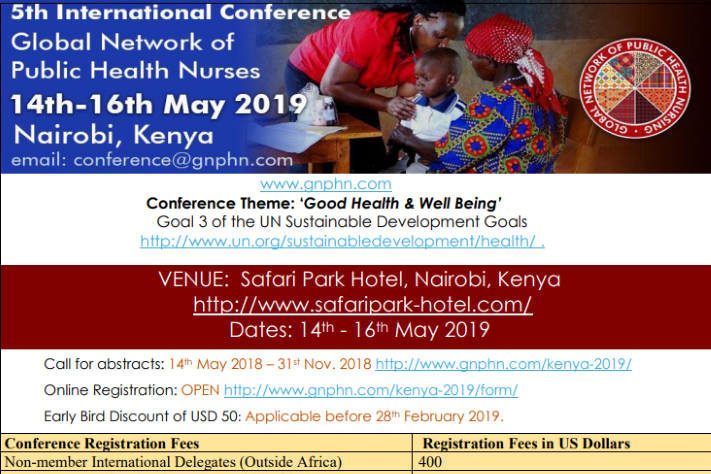The Institute of Health Visiting joins over 40 million doctors, nurses and other health professionals from 90 countries, including many working on the frontlines of the COVID-19 pandemic, in sending a letter today to G20 leaders urging them to put public health at the centre of their economic recovery packages, to help avoid future crises and make the world more resilient to them.
In the biggest health community mobilisation since the run-up to the 2015 Paris climate agreement, over 350 medical groups representing health professionals (including the World Medical Association, the International Council of Nurses, the Commonwealth Nurses and Midwives Federation, the World Organization of Family Doctors and the World Federation of Public Health Associations) have signed the letter on behalf of their members, along with thousands of individual health professionals.
The letter asks governments to prioritise investments in public health, clean air, clean water and a stable climate in the economic stimulus packages currently under consideration. Such investments would reduce air pollution and climate-warming emissions, which damage human health, build greater resilience to future pandemics, and simultaneously create more sustainable jobs.
Dr Cheryll Adams CBE, Executive Director iHV, said:
“The world has the opportunity now to ensure that the next generation is not inhibited by the mistakes of the last. By tackling climate change and ensuring better preparedness for any future pandemics, babies can be given the opportunity for a long and healthy life where they have the health, wellbeing and opportunity to contribute to their economy, to future economies, and to the wellbeing of their descendants.”
To achieve this healthy recovery, leaders of the G20 countries must involve their medical and scientific community in developing the stimulus packages. These stimulus decisions must also take into account medical and scientific assessments of how the measures will impact public health in the short- and long-term.
The COVID-19 pandemic has exposed doctors, nurses and other health professionals to death, disease and mental distress at levels not seen in decades. The scale of this pain could have been at least partially mitigated by adequate investments in pandemic preparedness, public health and environmental stewardship, the letter states.
As the COVID-19 pandemic has made very clear, the economy suffers when human health is compromised. A science-based approach to a healthy recovery from COVID-19 must lead to decisions to reduce both air pollution, which weakens the lungs, hearts and other organs, and greenhouse gas emissions, which cause drought, extreme heat, flooding, wildfires and other life-threatening disruptions. This should be alongside ensuring every baby is given the best possible start in life and access to education and their parents supported.
A healthy recovery requires governments to invest in sustainable and innovative industries, jobs, food production and food supply chains. In doing so, leaders will encourage healthier diets, more renewable energy, more walking, cycling and zero-emissions public transport, a radical regeneration of trees and nature and other changes that will underpin human, economic and planetary health well into the future.
This letter is supported and promoted by the Global Climate and Health Alliance, Every Breath Matters, and the World Health Organization in service of the global medical and health community.



